‘The customers are still there’: Welsh mussel farmers hope post-Brexit reset can revive business
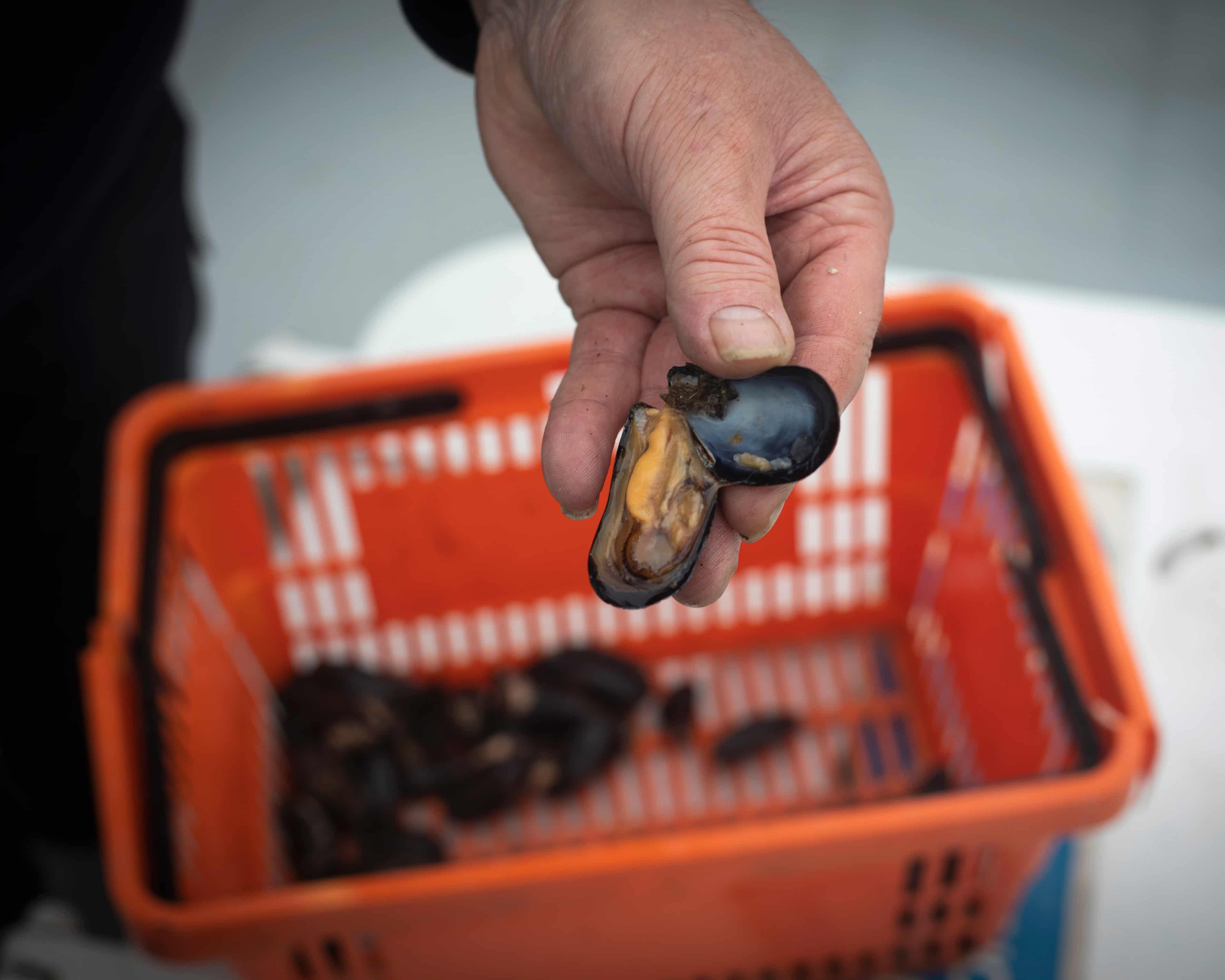
Rising out of the water, nets bulge with thousands of blue mussels.Pulled back to the dredging boat, they are emptied into a hopper and rinsed with water.They have just been harvested fresh from the bottom of the Menai Strait, the channel that separates the north Wales mainland from the island of Anglesey.On a blustery, damp morning, skipper Alan Owen guides the 43-metre Valente out of Port Penrhyn, close to the city of Bangor, towards the mussel grounds around the pier.“It’s windy today but we’re not jumping up and down as there aren’t big waves.
If Anglesey wasn’t there it’d be a different story,” says Owen.“Our geographical position makes this probably the best place in Britain for producing mussels,” he adds, pointing to the boat’s screen, where different colours display the areas where several companies are licensed to harvest the shellfish.“It’s because of the tidal exchange going through the Menai Strait, it gets up to six knots in the middle there,” he says.“You’ve got a massive volume of water exchanging both ways, bringing in the food and nutrients the mussels like.”It was these natural advantages that helped turn the eastern Menai Strait into the largest mussel farming area in Britain from the 1960s onwards, employing scores of local people including Owen’s father and uncle.
Over the years, as production increased, the vast majority of the mussels were sent across the Channel to Europe, where diners – especially in France, Belgium and the Netherlands – tend to eat a lot more shellfish,The UK’s shellfish industry is small and specialised, valued before Brexit at less than £12m a year, but one which is crucial for some coastal communities,Britain’s departure from the EU closed off most access to the lucrative European export market, and has all but ended the industry in the Menai Strait,Since Brexit, mussel production has collapsed from about 10,000 tonnes annually to just five tonnes in 2022, representing just 0,05% of the previous total.
The Valente is the last remaining mussel dredging boat at Port Penrhyn; the other three have been sold off or redeployed.The company which owns the Valente, Myti Mussels is the only one of four mussel fishing companies fully operating.It now just sells small quantities of molluscs to UK customers.There is, however, a glimmer of hope on the horizon in the shape of the “reset” deal between Keir Starmer’s UK government and the EU, announced in May.Britain’s shellfish exporters and other food producers are expected to be one of the main beneficiaries of the UK-EU reset, designed to remove the need for sanitary and phytosanitary (SPS) controls at the border, which formed part of post-Brexit trading requirements, along with health and veterinary checks and supplementary paperwork.
The administrative burden was one of the reasons for the collapse in exports from north Wales, resulting from longstanding EU rules concerning imports of shellfish including mussels, oysters, clams, cockles and scallops – collectively known as live bivalve molluscs – from non-EU member states.Molluscs caught outside the EU can only be imported to the bloc without treatment if they come from waters with the highest quality rating, while vessels from non-EU states are also not permitted to land live bivalve molluscs in EU ports.The waters of the Menai Strait are, like the majority of those in England and Wales, rated “class B” for shellfish production, which is assessed according to the levels of E coli detected in shellfish flesh.This means mussels from the area can be sold for human consumption provided they are either purified in an approved location, or moved for at least a month to “class A” water, or alternatively treated with heat.Some fishers believe that sewage outflows into the Menai Strait after heavy rain has not helped improve the water quality in recent times.
Mussels from “class B” waters can still be exported to the EU, provided they are first purified – or depurated in industry parlance – by being placed for a day or two in tanks of clean seawater which has been sterilised using ultraviolet light.This process is costly and can cause stress for the molluscs, reducing their shelf life and making them less attractive to European buyers.There isn’t a purification plant in Bangor, or indeed in the UK, that could handle the volumes of molluscs exported pre-Brexit.However, that should be about to change, as an Irish seafood company has fitted out a building next to Port Penrhyn, which is awaiting certification.This investment and news of the reset talks have given Owen hope that the local industry can be resurrected.
“The customers are still there,” he says.“Where we are situated, weather-wise, we are 100% reliable.If they pick up the phone and order, we deliver.”Sign up to Business TodayGet set for the working day – we'll point you to all the business news and analysis you need every morningafter newsletter promotionOwen’s son Martin followed his father into mussel harvesting, but the state of the industry means he has other ambitions for his grandson, Martin’s 12-year-old son.“We’ve taken him out on the boat a few times and he likes it, but he isn’t yet old enough to decide what he wants to do for a job,” says Owen.
“He has got the brains to go into something better.”Others are less optimistic about the industry’s future prospects.James Wilson is one of the owners of the mussel producer Deepdock.The business has stopped trading since Brexit and Wilson now runs a fish and seafood shop next to the port for part of the week, alongside teaching at Bangor university.“We tried every possible avenue that we could think of to try to secure some stable access to the EU market, but found a locked door at the end of it,” Wilson says, in between wrapping up fish fillets for customers.
He was initially encouraged by news of the reset talks, but given that any implementation of an SPS deal is unlikely to happen before 2027, Wilson worries it will be hard to restart significant mussel exports.The local mussel beds would also need to be repopulated.This requires very young mussels – called seed mussels – to be collected from other naturally occurring beds and laid in licensed areas, where they usually need a couple of years to grow to a marketable size.“There’s always uncertainty, particularly in respect of the juvenile mussels, the seed mussels, so we have natural variability associated with that,” Wilson says.“If you’ve got an input uncertainty with the seed, added to an output uncertainty as to whether you’ll be able to sell anything you’ve got on the ground, it’s just too much.
It’s a big investment, millions of pounds, to buy a boat, run it, crew it.You’ve got to have certainty.”Many other shellfish businesses around the UK are “on hold”, says David Jarrad, the chief executive of the industry body the Shellfish Association of Great Britain.“So much for a reset,” he adds, saying “the longer it takes [to implement an SPS agreement with the EU], the less chance there is that they will be able to start trading again.”He and many others believe the UK is missing out on a potential growth sector, supplying customers with a large appetite for British shellfish.
“The UK is located in the sweet spot for cultivating shellfish almost anywhere in the world,” Jarrad says.“Our aquaculture industry is minuscule in comparison with Spain and France and the Netherlands, even though we have a greater coastline.”A government spokesperson said: “We are focused on negotiating an SPS deal that could add up to £5.1bn a year to our economy, by cutting costs and reducing red tape for British producers and retailers.”Back at the fish shop next to Port Penrhyn, Wilson wonders whether a future SPS agreement could inspire a new generation of mussel fishers.
“Maybe if somebody with a bit more enthusiasm, a bit more energy, a bit of money comes in, then it might all happen.”

‘Mortified’ OBR chair hopes inquiry into budget leak will report next week
The chair of the Office for Budget Responsibility has said he felt mortified by the early release of its budget forecasts as the watchdog launched a rapid inquiry into how it had “inadvertently made it possible” to see the documents.Richard Hughes said he had written to the chancellor, Rachel Reeves, and the chair of the Treasury select committee, Meg Hillier, to apologise.“I felt personally mortified by what happened. The OBR prides itself on our professionalism. We let people down yesterday and we’ll make sure it doesn’t happen again,” he told BBC Radio 4’s Today programme
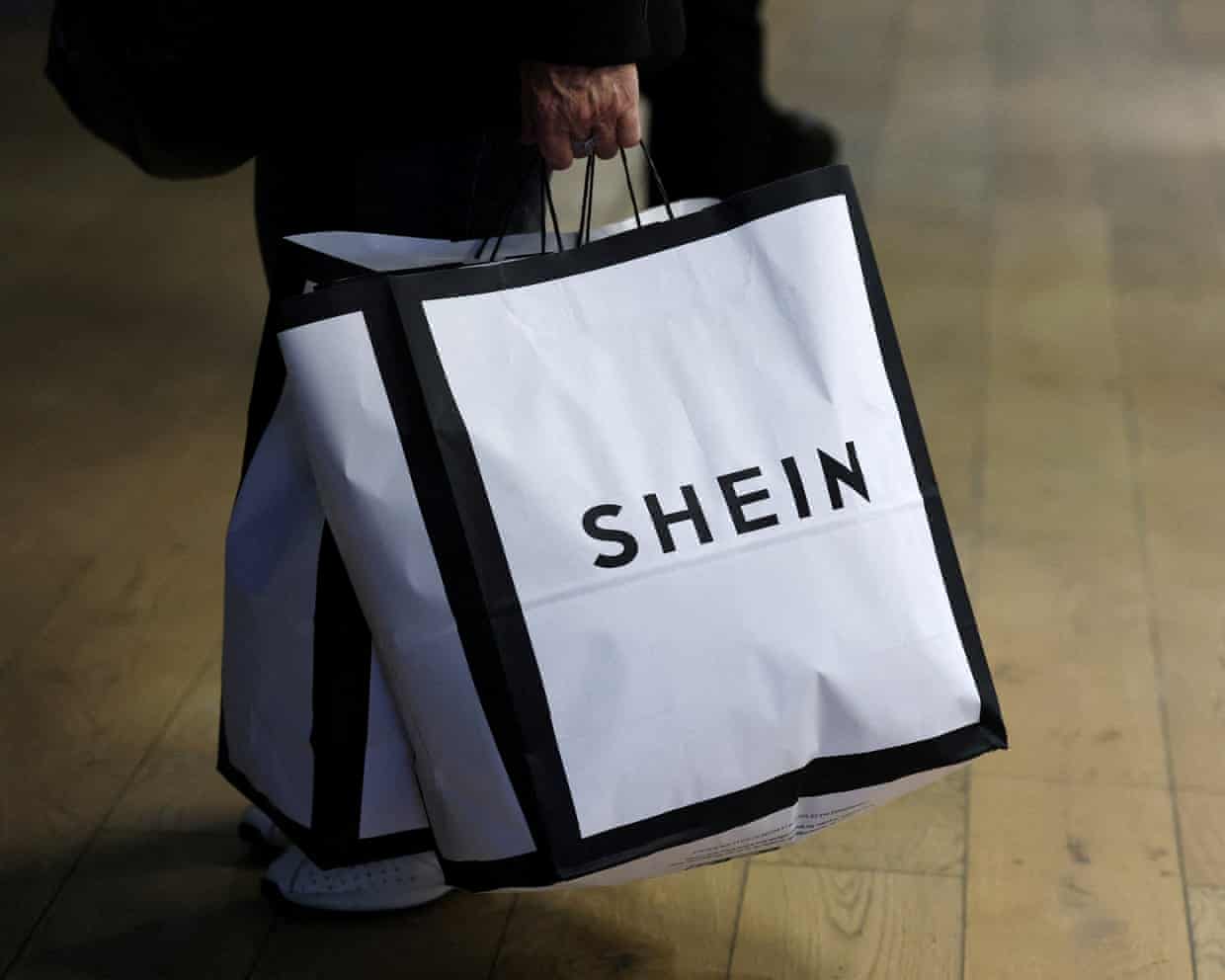
UK retailers urge faster end to tax break on low-value imported goods
British retailers including Primark, Currys and Boohoo have criticised the government for waiting until 2029 to end a tax break on low-value imported goods that has allowed them to be undercut by the likes of Shein and Temu.The British Retail Consortium, which represents all the major retailers, said there were 1.6m parcels arriving in the UK every day, double the number from last year, and “businesses cannot afford any delay on scrapping the existing rules”.The “de minimis” rule allows overseas sellers to send goods valued at £135 or less direct to British shoppers without paying customs duty and has been criticised for “killing the high street”.Fears about China’s retailers and manufacturers dumping goods in the UK have grown since the US in May revoked its own de minimis exception for Chinese-made goods

Small changes to ‘for you’ feed on X can rapidly increase political polarisation
Small changes to the tone of posts fed to users of X can increase feelings of political polarisation as much in a week as would have historically taken at least three years, research has found.A groundbreaking experiment to gauge the potency of Elon Musk’s social platform to increase political division found that when posts expressing anti-democratic attitudes and partisan animosity were boosted, even barely perceptibly, in the feeds of Democrat and Republican supporters there was a large change in their unfavourable feelings towards the other side.The degree of increased division – known as “affective polarisation” – achieved in one week by the changes the academics made to X users’ feeds was as great as would have on average taken three years between 1978 and 2020.Most of the more than 1,000 users who took part in the experiment during the 2024 US presidential election did not notice that the tone of their feed had been changed.The campaign was marked by divisive viral posts on X, including a fake image of Kamala Harris cosying up to Jeffrey Epstein at a gala and an AI-generated image posted by Musk of Kamala Harris dressed as a communist dictator that had 84m views

Foreign interference or opportunistic grifting: why are so many pro-Trump X accounts based in Asia?
When X rolled out a new feature revealing the locations of popular accounts, the company was acting to boost transparency and clamp down on disinformation. The result, however, has been a circular firing squad of recriminations, as users turn on each other enraged by the revelation that dozens of popular “America first” and pro-Trump accounts originated overseas.The new feature was enabled over the weekend by X’s head of product, Nikita Bier, who called it the first step in “securing the integrity of the global town square.” Since then many high-engagement accounts that post incessantly about US politics have been “unmasked” by fellow users.An Ivanka Trump fan account that posts about illegal immigration to the US was shown to be based in Nigeria

NFL on Thanksgiving: Cowboys v Chiefs updates, Lions 24-31 Packers – live
It’s GOOD! Cowboys 20-14 Chiefs 4:09, 3rd quarterPrescott and Lamb fail to connect on 3rd down. Dallas try and draw Kansas City offsides. Try and fail. Brandon Aubrey steps up, nails the 36-yard boot.TOUCHDOWN overturned! Cowboys 17-14 Chiefs 4:12, 3rd quarterThe Cowboys make it out of their end zone this time
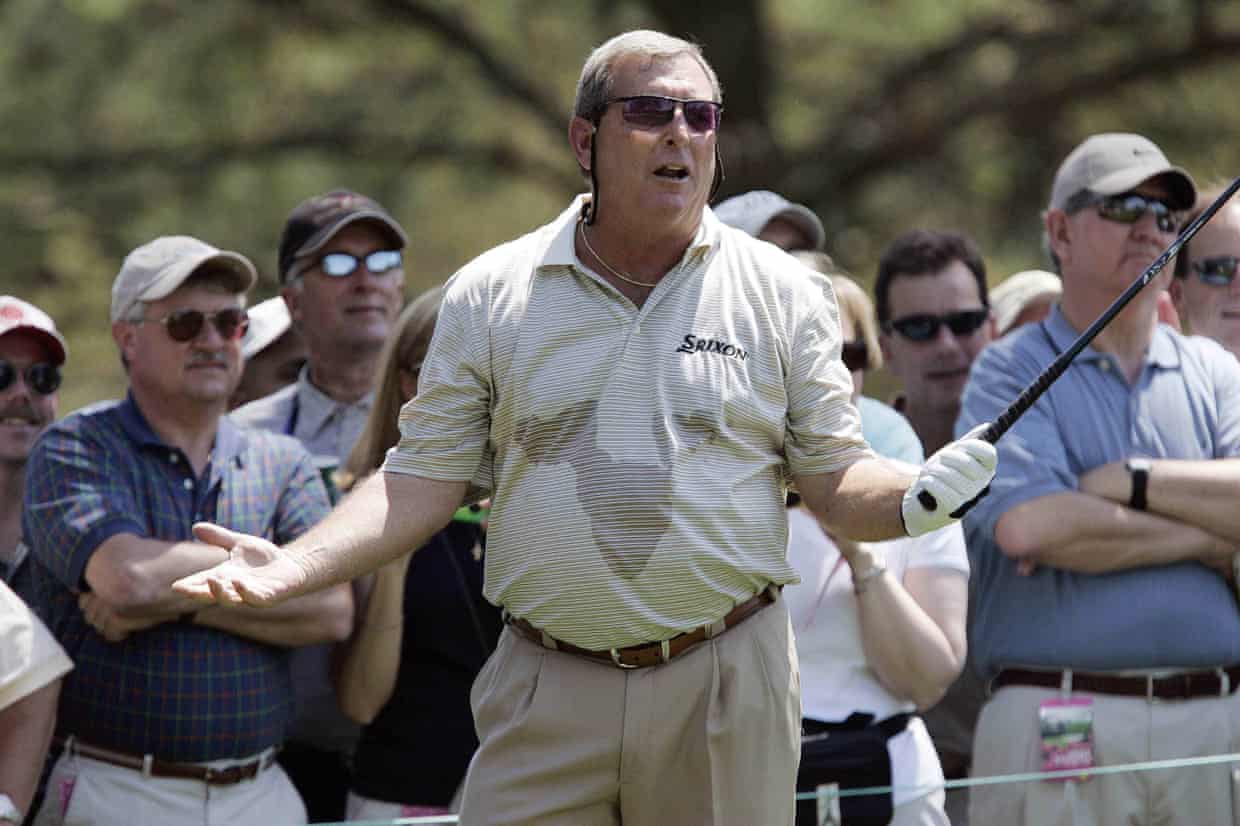
Fuzzy Zoeller, two-time major winner haunted by racist Tiger Woods joke, dies aged 74
Fuzzy Zoeller, the two-time major champion whose genial public persona was overshadowed by a racially insensitive joke about Tiger Woods that came to define the latter part of his career, has died aged 74.No cause of death was immediately available. Brian Naugle, tournament director of the Insperity Invitational in Houston and a longtime colleague, said Zoeller’s daughter notified him of the death on Thursday.Zoeller, born Frank Urban Zoeller Jr in New Albany, Indiana, was one of golf’s most outgoing characters across a career that delivered historic highs. He was the first player in more than four decades to win the Masters on his debut, claiming the 1979 green jacket after a three-man playoff

Diaries, artworks and more to be auctioned from Marianne Faithfull’s personal belongings

Donald Glover reveals he had a stroke on Childish Gambino tour in 2024
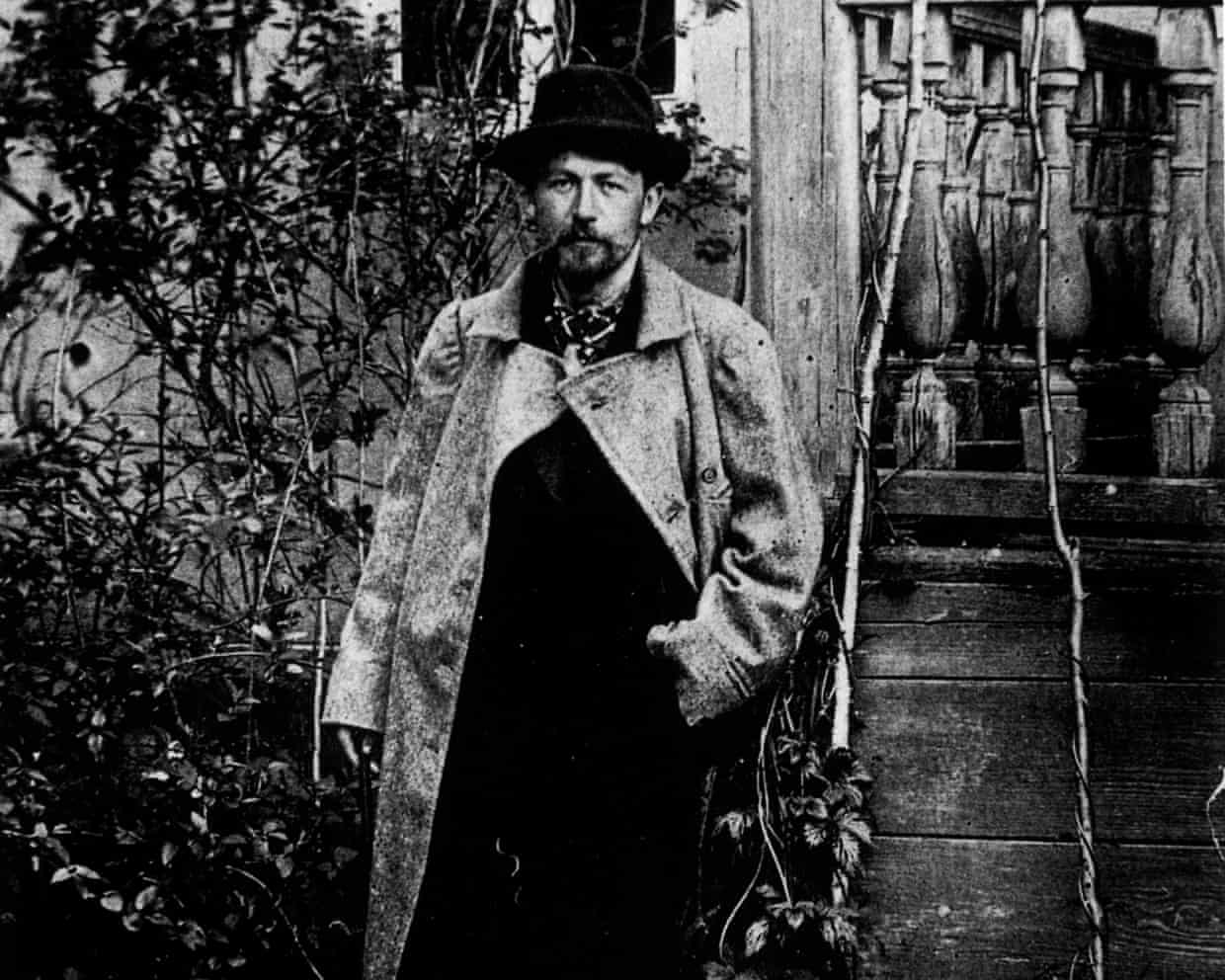
‘He was just trying to earn a few kopecks’: how newly translated stories reveal Chekhov’s silly side
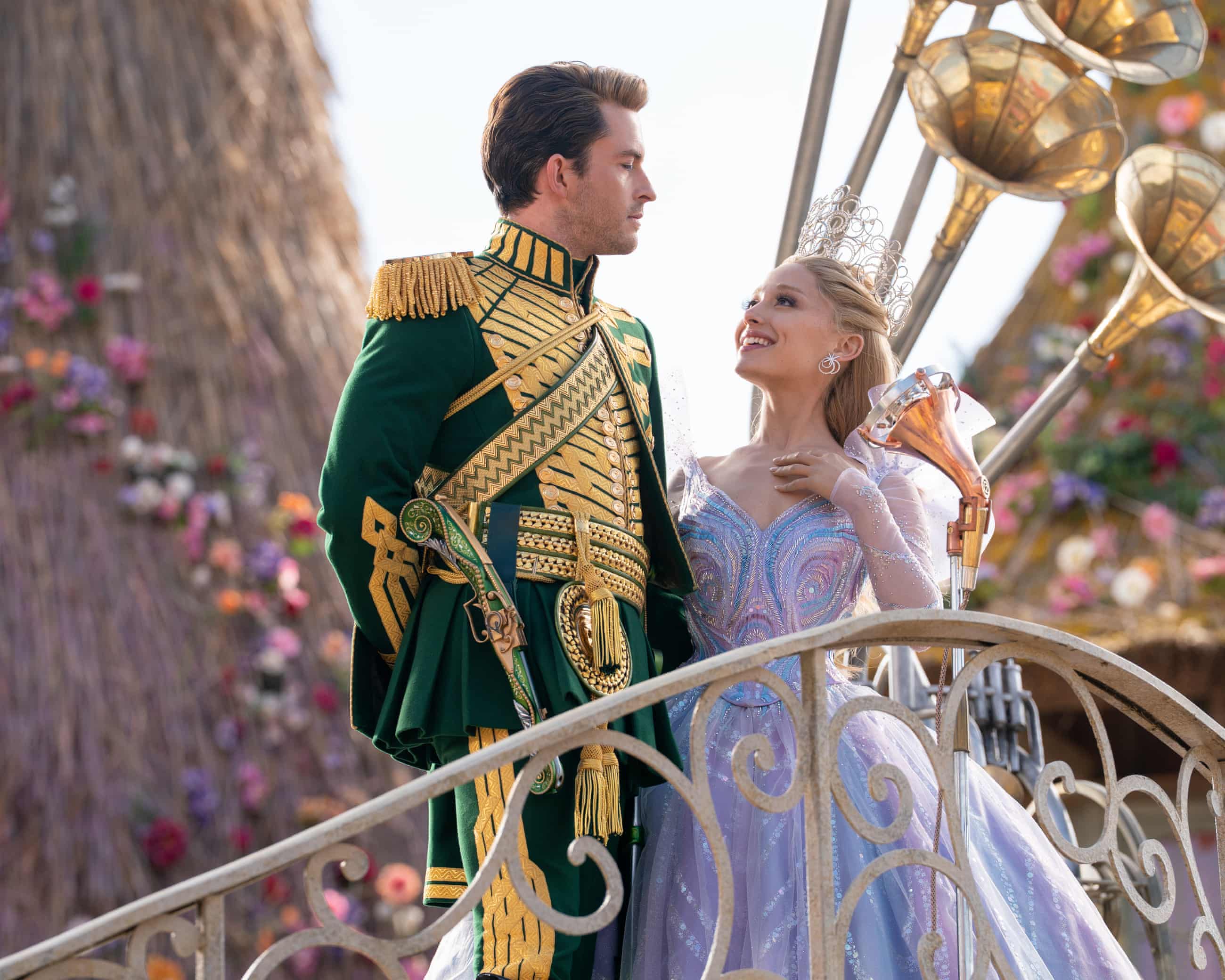
From Wicked: For Good to Stranger Things: your complete entertainment guide to the week ahead

From The Death of Bunny Munro to Wicked: For Good: the week in rave reviews

Kristen Bell and Brian Cox among actors shocked they’re attached to Fox News podcast